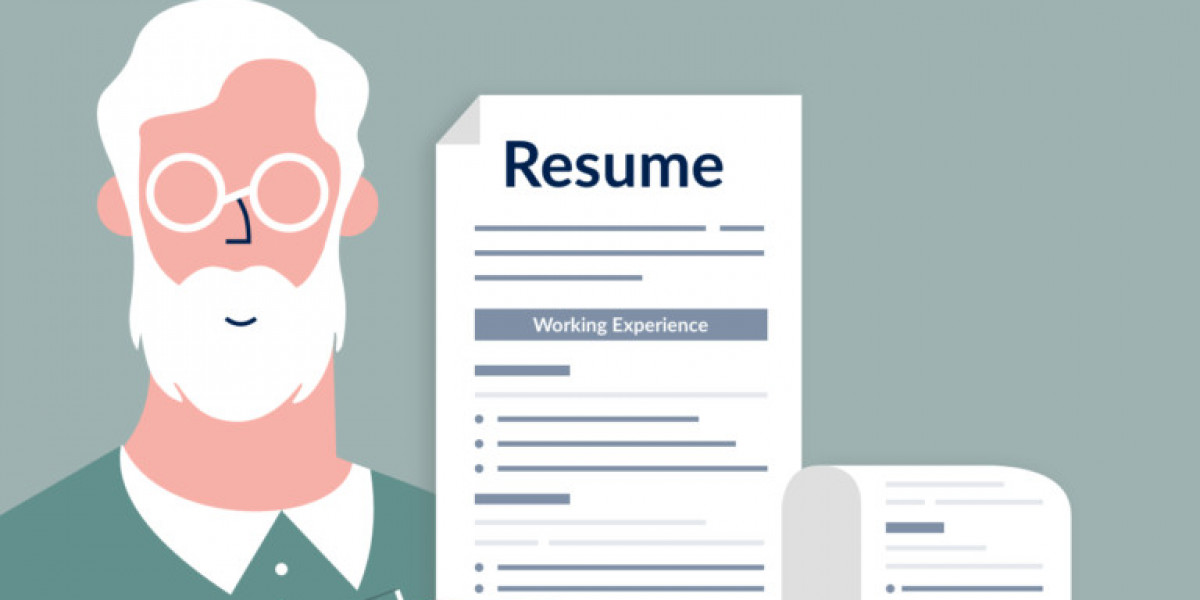 What You Should Know About a Private Psychiatrist Assessment
What You Should Know About a Private Psychiatrist AssessmentA private psychiatrist assessment could be able to aid you if you are suffering from mental health issues. This type of assessment offers faster wait times than public services and will help you receive the treatment that you need.
You'll need to bring details about your symptoms as well as your family history and treatment history. The psychiatrist will want be aware of whether you've used any substance or been through any traumas.
Finding a Psychiatrist
Private practice psychiatrists are separate from the clinic or hospital and may have their own practices. They can collaborate with insurance companies to receive payments, but most people pay in cash. Typically, they have lower expenses than other healthcare professionals and can offer more competitive rates for their services.
People who are who want to become a psychiatrist in private practice have to be licensed and board-eligible. They must also advertise their services and build their practice. They may choose to partner with a variety of insurers or focus on filling their schedule. They can also find patients directly by placing posters in public areas or on the internet.
Many psychiatry experts have different areas of expertise, such as child-adolescent or geriatric medicine. They may also provide a broader range of services, such as psychotherapy and medication management. Some psychiatrists specialize on specific medical conditions, such as schizophrenia or bipolar disorder. Some psychiatrists prefer working with certain populations like veterans and the elderly.
After finding a suitable psychiatrist, the patient will be required to schedule an appointment. The initial appointment is usually between 1-1.5 hours. The psychiatrist will listen to and ask questions about the patient’s previous. They will then make a diagnosis using the information they have gathered. During the initial examination the psychiatrist private will go over the impact of the problem on the patient's daily life and suggest treatment options.
After the initial appointment the patient must visit their psychiatrist regularly to take care of their mental health. This may involve the use of prescription drugs or psychological therapies, like cognitive behavior therapy or psychoanalysis. It could also include family therapy or group therapy. In some cases psychiatrists are required to share patient information with other healthcare professionals in order to ensure that patients receive comprehensive treatment.
Safety-net hospitals are able to offer psychiatric treatments to patients who can't afford it. These hospitals will usually charge a sliding scale of fees based on the income of the patient. In addition, federally qualified health centers, also called community health centers are able to provide low-cost or free psychiatric care.
Scheduling an Appointment
Private psychiatrist assessments are typically less expensive than a face-to-face appointment with a specialist in mental health. However, it's important to be aware of the guidelines of your particular insurance policy before making an appointment. Your copay or deductible may not cover any services that aren't deemed "medically required" by your insurance provider. Psychiatrists who accept medical insurance will list their fees on their websites or in their call the center. The ones who do not accept insurance are called "out-of network providers." You may be required to pay a portion of the total cost upfront, based on your insurance plan.
During the initial assessment your psychiatrist will go through your medical records and inquire about your symptoms. The psychiatrist will also likely ask about your family, relationships, and other factors that influence your mood. These questions may be uncomfortable but are crucial to get a precise diagnosis. They may also discuss your use of alcohol or other drugs.
The psychiatrist will decide at end of the first session whether or not he will prescribe medication. If they decide to they will notify your GP and arrange for you to receive the prescription through them. They can also refer you to a therapist in the event that you require therapy.
You can schedule follow-up appointments with your psychiatrist as required. The sessions typically last for 30 minutes. If they suggest therapy sessions, these will be longer in duration. In some instances you may also be required to take part in sessions with a group of people.
Psychiatrists can offer patients a variety of medications to treat a variety of conditions including depression, anxiety, eating disorders, bipolar disorder, ADHD, and psychotic disorders such as schizophrenia. If you're prescribed a medication, you must adhere to the directions for taking it and that you keep your appointments.
A service such as Doctor on Demand can assist you in finding a psychiatrist. The service provides a variety of psychiatrists, each with a different background and expertise. Appointments cost $299 for a first consultation, and $129 for any subsequent sessions. The online service also offers an easy method of filing your insurance claim.
During the Assessment
A private psychiatrist assessment is an in-depth and focused appointment than the usual consultation. The appointment lasts 90 minutes and the psychiatrist will ask you questions to help you understand the nature of your symptoms and their impact on your daily routine. They will ask you a variety of questions regarding your personal medical history, your medical history in your family, and previous treatments for mental health issues.
It could be a bit intrusive or invasive, but it's important to answer all questions honestly. This will help your psychiatrist arrive at a reliable diagnosis that is suited to your individual needs. They'll also ask about any traumatic or stressful events that you have encountered in your life and how they are impacting your life. They will also want to be aware of your use of medications and any issues with substance abuse you've experienced.
In addition to the information you provide them They'll most likely arrange for blood tests and other medical checks. They may arrange for these tests through your GP or suggest that you pay for them privately. If they feel it is essential, they could refer you to an occupational therapist or psychologist to further investigate and treatment.
Psychiatric assessments are usually performed by psychiatrists, however they are also performed by psychologists and nurses. However, it is preferential to seek out a psychiatrist since they specialize in treating mental health issues and you can be sure that they are trained and qualified.
You should try to avoid drinking alcohol or taking drugs prior to your exam because it could impact your cognitive and judgment abilities. To keep your body well refreshed, it is essential to rest enough and take healthy breaks. This will help you feel more relaxed and help you to have a better experience.
The next step following your mental health assessment is therapy and your psychiatrist will work with you to create an effective treatment program for your needs. It is possible that you will need to schedule regular appointments or just occasionally follow-up.
After the Assessment
If you've been struggling with a mental health condition like ADHD or anxiety, you could benefit from an assessment by a psychiatrist privately. Before booking an appointment, you should keep a few things in your mind. You'll need a referral to see a doctor. This step is especially important when you're planning to make use of your medical insurance coverage. If you do not have private insurance coverage it is advisable to consider looking into the availability of community mental health services in your area.
The psychiatrist will take into consideration your current symptoms as well as your treatment history prior to when you visit for a psychiatric examination. They will ask you to explain what's happened and any trauma-related experiences. They'll also inquire about your family history in order to get more information about any health issues that are prevalent in your family.
You'll likely be asked to complete several psychiatric tests, as well. These tests will vary depending on your situation and may include blood and urine testing to check your levels for electrolytes, vitamins and hormones. These tests can help the doctor determine the source of your symptoms. They'll also determine if you've had a previous an addiction history or if you're taking any prescription medications.
During the interview the psychiatrist will be attentive to what you say and watch your body language. This is the most crucial part of the process as it helps the psychiatrist understand your mental state and determine the kind of assessment you need. If the psychiatric evaluation indicates that you require additional treatment, a therapist will be recommended.
 If you're struggling with a mental health issue, you can contact Dr Adrian Winbow or Prof Tony Hale at Iam Psychiatry for a private psychiatric assessment. You'll be able to make an appointment at a location that is convenient for you. You will receive a full report of your session likely to include a diagnosis and appropriate recommendations. The service will also give you a copy of the report to your GP. This is a comprehensive service that focuses on rapid and high-quality results.
If you're struggling with a mental health issue, you can contact Dr Adrian Winbow or Prof Tony Hale at Iam Psychiatry for a private psychiatric assessment. You'll be able to make an appointment at a location that is convenient for you. You will receive a full report of your session likely to include a diagnosis and appropriate recommendations. The service will also give you a copy of the report to your GP. This is a comprehensive service that focuses on rapid and high-quality results.







